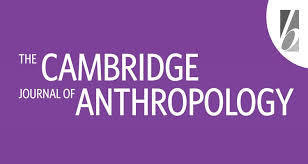
Published: Sunday 18 September, 2005
Let’s start with a deceptively simple question: is truth the aim of our inquiries? If the search for truth is an impossible one then what is the purpose of our endeavours? Some have suggested that truth does not exist, that it cannot be more than relative or subjective. In these arguments there is often an untimely slippage between the idea that truth is unstable, absolutely not absolute, and the view that truth is therefore not something to be sought, not something worth bothering about. This poses particular kinds of problems, as Bernard Williams has so elegantly maintained, because, as academics, we must surely have some kind of commitment to truthfulness, to describing things as they are, to telling the story as it is (Williams 2002: 11). Yet, this commitment is a complex one for two reasons.
First, we cannot simply be committed to describing things as they are. Descriptions are always partial; they are carved out of complex realities and can never be complete or finished. Accounts of other cultures, of past times, of others’ motivations, are always interested accounts, oriented toward some purpose. Facts are not facts until they are formed into narratives, framed within models, and become subject to interpretations. There is, therefore, no world that can be simply described independent of our engagement with it. Logically, there can be no objective truth about individuals and societies. However, if truth is impossible then what is the purpose of our concern with truthfulness?
Moore, H. (2005). The Truths of Anthropology. Cambridge Anthropology, 25(1), 52-58.


